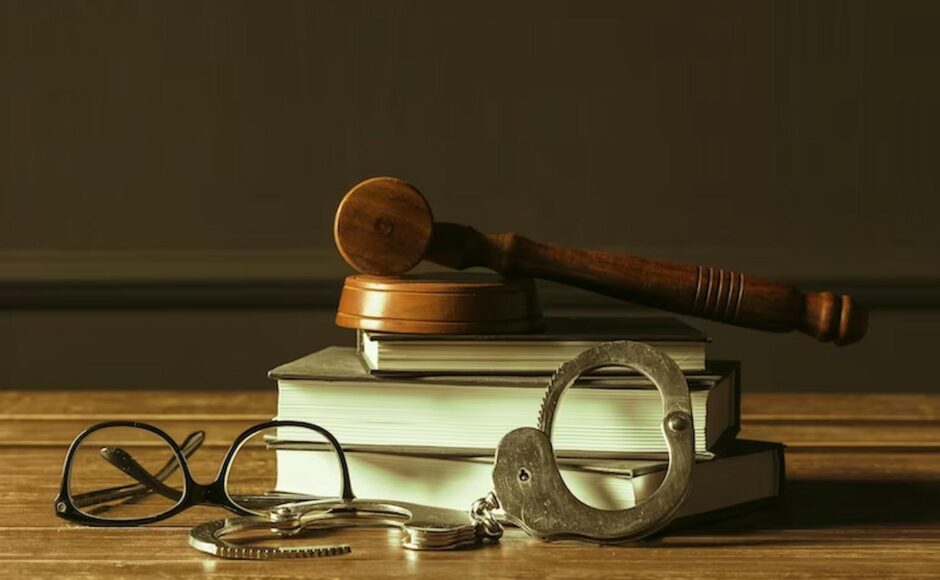In the digital age, where information travels quickly, one’s reputation can be a fragile and formidable asset. Defamation, damaging someone’s character through false statements, has become increasingly prevalent online. Protecting your reputation is paramount, and understanding the legal remedies available is crucial. This article will explore defamation and the legal avenues individuals can pursue to safeguard their good name.
Defamation in the Digital Era
Defamation has taken on new characteristics with the ascent of social media and online platforms. False statements and malicious content can spread like wildfire, damaging personal and professional reputations. It’s not just celebrities or public figures who are vulnerable; anyone with an online presence is susceptible to defamation.
Understanding Defamation
Defamation typically takes two forms: slander, which involves spoken false statements, and libel, which refers to written or published falsehoods. For a statement to be defamatory, it must be false, damaging to the individual’s reputation, and communicated to a third party. This often translates to social media posts, website reviews, or blog articles on the online site.
Legal Remedies for Defamation
Cease and Desist Letters
Before advancing the issue to the courts, sending a cease and desist letter can be a prudent initial step. Crafted by an attorney, this document demands that the defamatory statements cease immediately. It serves as a warning to the perpetrator that legal action may follow if the behavior persists.
Retraction and Apology
Some jurisdictions allow the defamer to issue a public retraction and apology. This can be a means to resolve the matter amicably without resorting to litigation. However, it is essential to consult with legal counsel to ensure the terms of the retraction are satisfactory.
Injunctions
In extreme cases where the damage to one’s reputation is ongoing, seeking an injunction may be necessary. An injunction is a court order that requires the removal of defamatory content and prohibits further dissemination. It can serve as a potent instrument to halt the swift dissemination of harmful information.
Monetary Damages
If the defamatory statements have caused financial harm, pursuing monetary damages through a lawsuit may be appropriate. Compensation can be awarded for loss of business opportunities, damage to professional reputation, and emotional distress.
Internet Removal Orders
Swiftly removing defamatory content is crucial online. Some jurisdictions offer internet removal orders that compel online platforms to remove false statements. This can be an effective way to stop the spread of damaging information.
Navigating the Legal Landscape
Legal proceedings can be complex and emotionally taxing. It’s imperative to consult with an experienced defamation attorney to assess the strength of the case and determine the most suitable course of action. Legal professionals can guide individuals through the intricacies of defamation laws, helping them understand their rights and options on the legal site.
Conclusion
In an era where reputations are built and shattered online, understanding and exercising legal remedies for defamation is crucial. Cease and desist letters, retractions, injunctions, monetary damages, and internet removal orders are powerful tools that can help individuals reclaim their tarnished reputations. While the digital landscape may be vast and seemingly uncontrollable, legal remedies provide a means to protect one’s character and restore a sense of justice.


